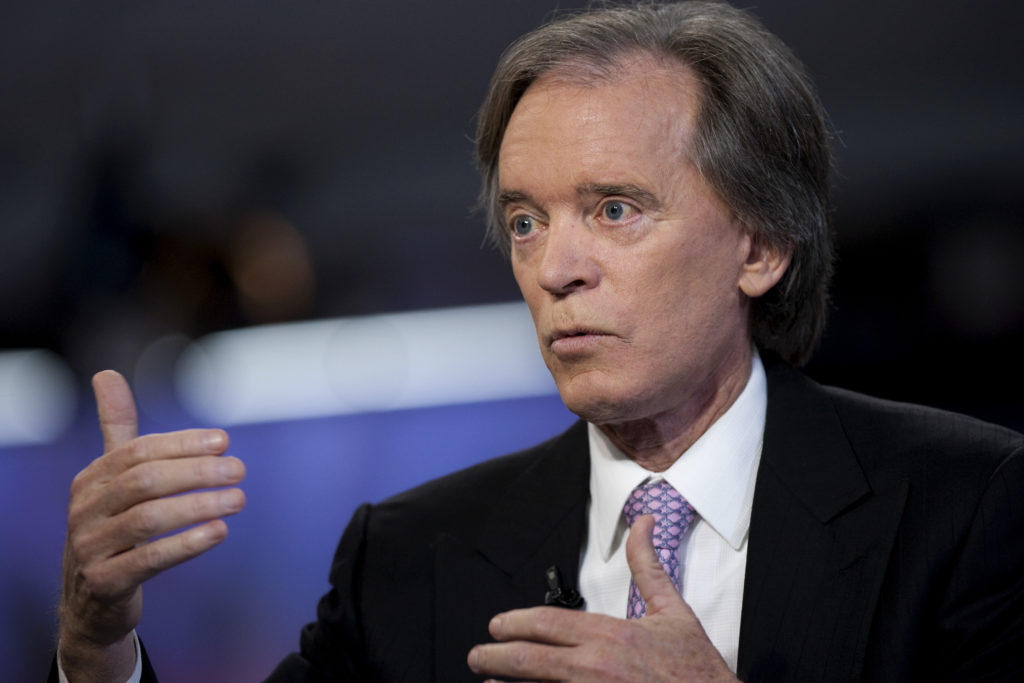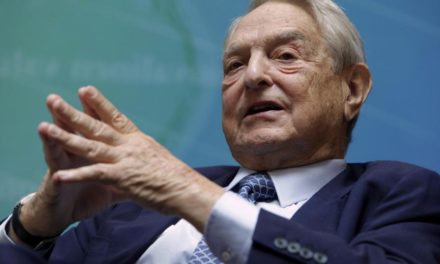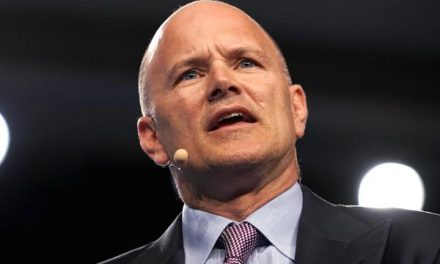Bill Gross’s bond crash explanation is based on foreign buyers being priced out of the market.
“Euroland, Japanese previous buyers of 10yr Treasuries have been priced out of the market due to changes in hedge costs,” tweeted the billionaire bond investor.


“Euroland, Japanese previous buyers of 10yr Treasuries have been priced out of the market due to changes in hedge costs”
BILL GROSS
Let’s look at the mechanics of Bill Gross’s bond crash explanation
Bill Gross’s school of thought is based on the fact that rising Fed fund rates eventually raises the cost of borrowing USD. So this increases the opportunity cost of investing in US dollar denominated asset, such as treasuries which thereby dampens the demand for the asset.
“For Insurance companies in Germany / Japan, for instance, U.S. Treasuries yield only -.10% / -.01%. Lack of foreign buying at these levels likely leading to lower Treasury prices”.
“Which, all else equal, would mean that there is now that much less demand by international buyers for TSY paper on the long end,” added Bill Gross.

“For Insurance companies in Germany / Japan, for instance, U.S. Treasuries yield only -.10% / -.01%. Lack of foreign buying at these levels likely leading to lower Treasury prices”
BILL GROSS
But Gross’s bond crash explanation doesn’t mention (in his tweet) that China, who was not so long ago the largest foreign buyer of US 10yr Treasuries) is now dumping US paper.
Put another way, the first casualty of US Trump administration’s trade war with China is US Treasuries and we are seeing Peter Schiff’s trade war blowback unfold.
A hypothetical scenario (known as the financial nuclear option) has become a reality. There is now good reason to believe that China has squeezed the trigger on its 1.2 trillion USD holding of Treasuries in a fit of rage in response to the US imposed sanctions of China for buying Russian weapons.
“Next months TIC Report could add another dimension to Bill Gross’s bond crash explanation”
Bill Gross’s bond crash explanation discounts a rapidly deteriorating geopolitical situation playing out
Global trade is in the rear mirror and what lies ahead is a divided world of East Vs West, its Cold War II with a difference, diplomacy is dead and all that is waiting is a spark.
A us-inspired trade war with China has already taken a dangerous turn. It is no longer about trade, it is about weapons (US administration whacks China for buying Russian weapons). Pause and think about what you have just read. A casual perusal of the latest TIC report from the Treasury indicates that China has been slowly unwinding their investments in US Treasuries. For example, in June China held 1.178 trillion USD in Treasury securities, that was reduced to 1.171.trillion USD in July (approximately 7 billion USD less). Moreover, China has reduced its position in US Paper by 33.8 billion USD year to date, according to the TIC Report.
Next months TIC Report could add another dimension to Bill Gross’s bond crash explanation, bearing in mind that US-China trade war tensions are ratcheting up. Don’t be surprised if the TIC shows China’s unloading of US paper in the 10s of billions of dollars.
What is interesting to note is that Russia, although has never been a large investor of US debt, has sold approximately 40 billion USD of their 90 billion holding in treasuries in just one month alone. Russia currently holds (April 2018) less than 40 billion USD of treasuries.
“Shipping sector bloodbath has yet to play out despite global trade tensions ratcheting up”
Bill Gross’s bond crash explanation, if accurate, could trigger a second Emerging Market shock-wave
Here is our reasoning, in a nutshell, Treasury yields continue rising, that then attracts investors into treasuries which causes a dollar liquidity drought. Here we go round the merry-go-round?
Shipping sector bloodbath has yet to play out despite global trade tensions ratcheting up.
Despite the US administration’s impose tariffs on an additional USD 200 billion worth of Chinese goods, its multibillion-dollar sanctions on Iran and “a semi-truce” with the EU global shipping sector has somehow managed to shake off the impact of a global trade war.
















